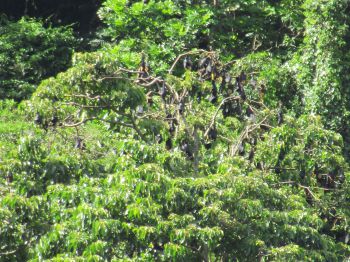2024-03-12 テキサス A&M大学
<関連情報>
- https://today.tamu.edu/2024/03/12/vet-school-researchers-develop-virtual-tool-for-studying-gene-function/
- https://academic.oup.com/nar/article/51/13/6578/7184155?login=false
単一細胞の遺伝子制御ネットワークを学習する変分グラフオートエンコーダーによる遺伝子ノックアウト推論 Gene knockout inference with variational graph autoencoder learning single-cell gene regulatory networks
Yongjian Yang, Guanxun Li, Yan Zhong, Qian Xu, Bo-Jia Chen, Yu-Te Lin, Robert S Chapkin, James J Cai
Nucleic Acids Research Published:29 May 2023
DOI:https://doi.org/10.1093/nar/gkad450
Abstract
In this paper, we introduce Gene Knockout Inference (GenKI), a virtual knockout (KO) tool for gene function prediction using single-cell RNA sequencing (scRNA-seq) data in the absence of KO samples when only wild-type (WT) samples are available. Without using any information from real KO samples, GenKI is designed to capture shifting patterns in gene regulation caused by the KO perturbation in an unsupervised manner and provide a robust and scalable framework for gene function studies. To achieve this goal, GenKI adapts a variational graph autoencoder (VGAE) model to learn latent representations of genes and interactions between genes from the input WT scRNA-seq data and a derived single-cell gene regulatory network (scGRN). The virtual KO data is then generated by computationally removing all edges of the KO gene—the gene to be knocked out for functional study—from the scGRN. The differences between WT and virtual KO data are discerned by using their corresponding latent parameters derived from the trained VGAE model. Our simulations show that GenKI accurately approximates the perturbation profiles upon gene KO and outperforms the state-of-the-art under a series of evaluation conditions. Using publicly available scRNA-seq data sets, we demonstrate that GenKI recapitulates discoveries of real-animal KO experiments and accurately predicts cell type-specific functions of KO genes. Thus, GenKI provides an in-silico alternative to KO experiments that may partially replace the need for genetically modified animals or other genetically perturbed systems.
Graphical Abstract



